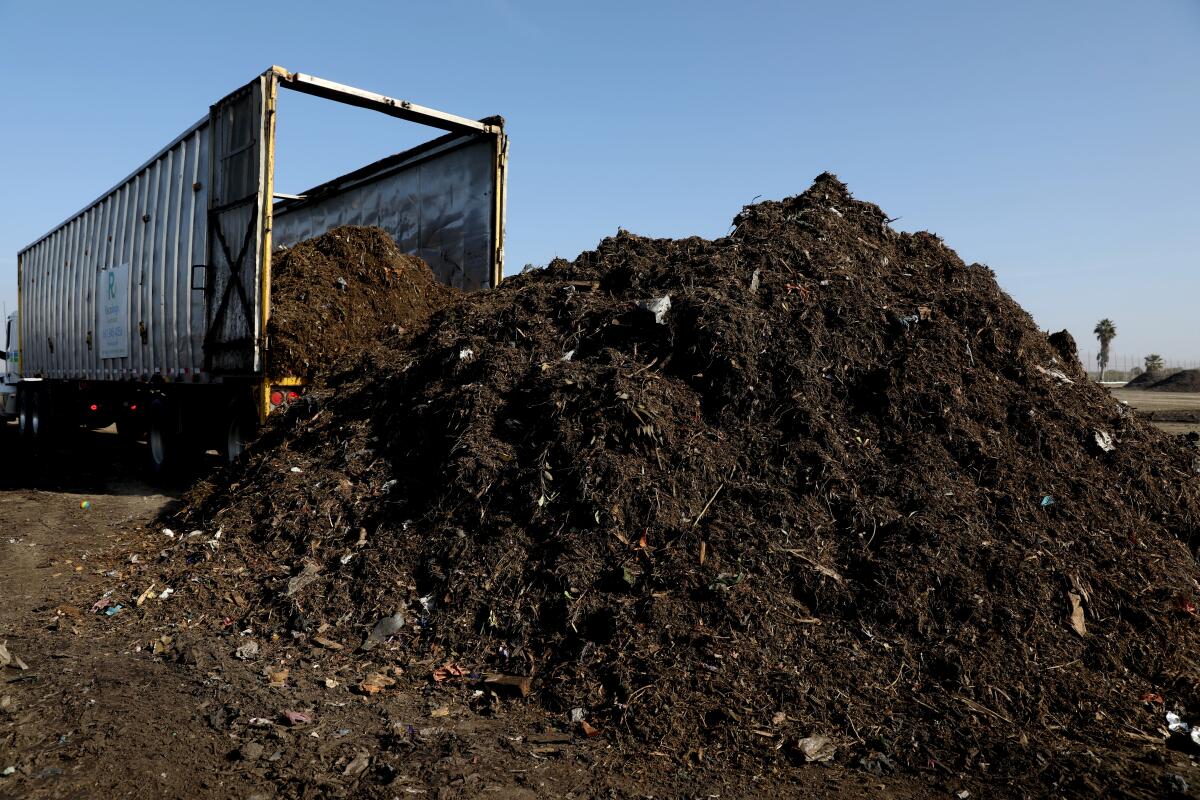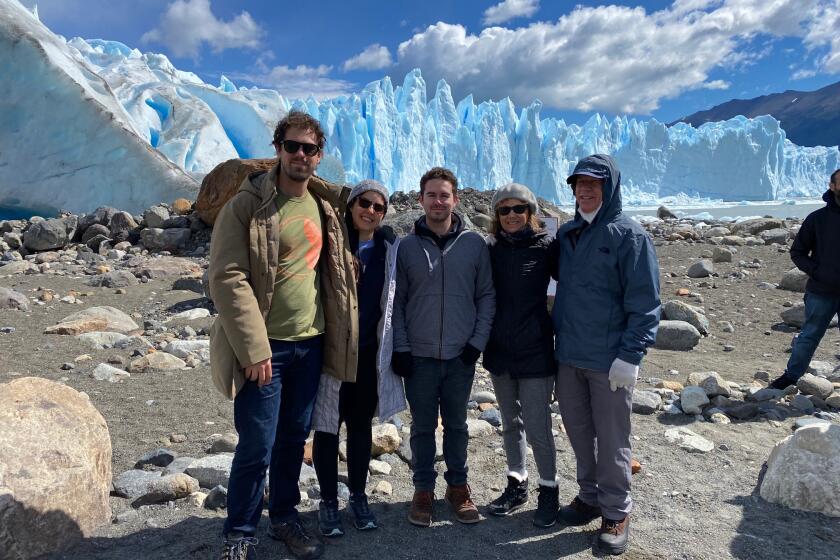Apodaca: Some may not want to deal with it, but this state mandate is a positive move

We humans don’t do so well with change. There’s been ample evidence of that during the past two years as many of us have felt flummoxed by the constantly evolving response to COVID-19.
Wear masks. No, don’t wear masks. Yes, wear masks. Make them a fun fashion statement! Forget that, just make sure they have enough layers. Or wear two masks.
Two shots means fully vaccinated. Make that three. Well, maybe four. Perhaps it’s time for a subscription plan.
Open. Close, Open. Close. The end is in sight. But things are still really, really bad.
With every fresh onslaught of information, rules and recommendations we grow increasingly agitated and exhausted. Can’t we just settle into one dismal reality for awhile before transporting to another part of the pandemic multiverse?
Against that dreary backdrop, we now have another change coming. Technically it isn’t related to the pandemic. But it sort of feels of apiece because it’s one more thing that some of us might grumble about and object that we’re being forced to do something we’d rather not deal with, even though it’s necessary and absolutely the right thing to do.
I’m talking about composting, folks.
I admit that until recently I had only the vaguest notion of what composting involves. I pictured a rural setting, a big pile of leaves and grass, and an organic garden. That picture isn’t so much inaccurate as it is incomplete, as it turns out that anyone can — and should — compost.
And now we all will, thanks to provisions in a state law that take effect this year.
California Senate Bill 1383, passed and signed into law in 2016, established methane reduction targets for the state. That’s a big deal because methane emissions from the decomposition of organic waste in landfills are a significant contributor to global climate change.
Coronavirus worries are extra baggage as we venture into the world, writes Daily Pilot columnist Patrice Apodaca.
That organic waste includes yard trimmings but also food waste. Indeed, food waste alone accounts for approximately 17% to 18% of total landfill disposal, according to a UN report.
To fulfill requirements of the law, cities throughout Orange County are launching programs for all residences and businesses to separate organic waste from other trash and nonorganic recyclables, and to participate in an organics collection program.
Where I live in Newport Beach, that means I will soon be receiving a new trash bin intended exclusively for the disposal of organic waste, along with an explanatory guide. My household will have three receptacles for trash collection — one for regular trash destined for a landfill, another for recyclables and now a third for organic waste.
The organic waste will be collected on my regular trash day by the waste-hauling company CR&R, which is under contract with the city. It will be sent to a facility to be turned into compost, which will then be distributed to farms and cities for use as fertilizer.
Other cities will have similar programs, with the exception that some might opt to send their organic waste to an anaerobic digestion facility, where the waste will be broken down to produce a green energy source known as biogas.
John Pope, Newport Beach’s public information manager, said the city is currently focused on distributing the new carts to residents — deliveries will be rolled out beginning next month and will continue through the end of March — and on getting people educated about what to expect and how the composting program will work.
“It’s a big change. We’re asking for a behavior change,” he said.
There will be a learning curve. Some confusion might ensue regarding exactly what to put in the organic waste containers (palm fronds and dog poop are no-nos), and there will be changes to collection routes and schedules. The city intends to provide ample guidance on how to proceed, Pope said.
Another potential wrinkle is that CR&R has been hit hard by staffing shortages due to employees testing positive for the coronavirus. As the Daily Pilot reported last week, this led to service delays in Costa Mesa and some other areas of the county. Nonetheless, Pope said he expects the composting rollout to proceed as planned.
Some skeptics have also questioned whether the benefits of the program will be worth the extra resources required for additional pickups and deliveries. Again, Pope had a good answer.
In some denser neighborhoods, such as Balboa Island and peninsula, split-bodied trucks will be utilized, basically providing a two-for-one pickup. Other neighborhoods might see three pickups, but routes and schedules will be streamlined to maximize efficiency. And all refuse must be in the containers — there will be no collection of extra trash piled alongside, which can slow operations.
“There’s definitely challenges,” Pope acknowledged. But he remains optimistic about the plan and heartened by the feedback from residents, which has been largely positive.
“I think there’s a lot of people who are ready to do this.”
I’m ready too. Change can be hard, and no one likes being told what to do, even if the goal is helping save the planet. But this is one change I think we can all handle without much trouble.
I predict that it won’t take long before separating banana peels from the rest of the garbage feels just as normal and natural a part of our routines as, well, taking out the trash.
All the latest on Orange County from Orange County.
Get our free TimesOC newsletter.
You may occasionally receive promotional content from the Daily Pilot.





